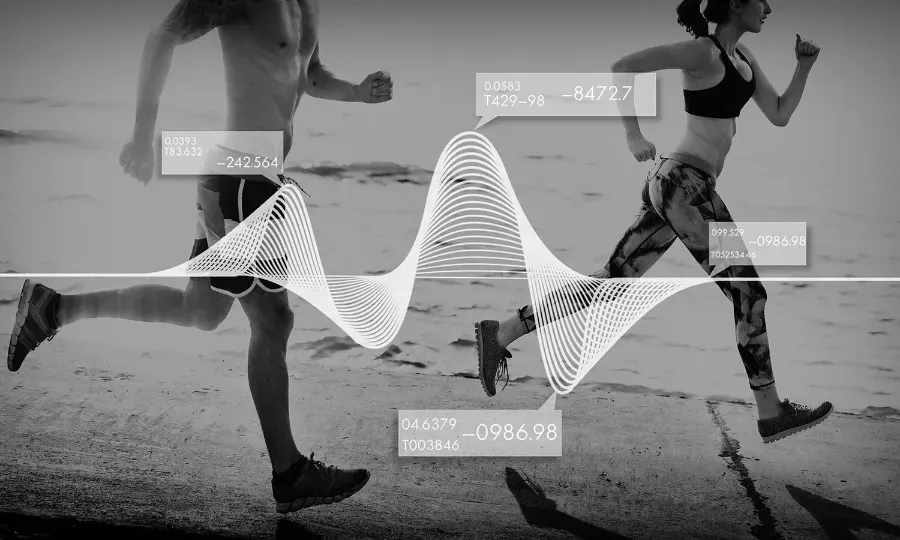Entertainment Network ESPN Is Wins The Game With Big Data

The Entertainment and Sports Programming Network (ESPN) is a global cable and satellite television channel based in the United States. It is owned by The Walt Disney Company (80%) and the Hearst Corporation (20%). As of August 2013, almost 98 million American households receive ESPN. Each of these households pays $ 5 a month, totaling around $ 6 billion in annual revenue, without even considering advertising. ESPN has an estimated value between $ 40 billion and $ 60 billion and as such is 20 times bigger than the New York Times Company. One of their signature shows, SportsCenter, has already aired over 50.000 times. ESPN is a very big television channel that focuses heavily on publishing their content across multiple platforms and as such they are deep into analytics of vast amounts of data.
According to ESPN, Big Data drives content, so it is no surprise that according to an article on Adweek, ESPN “faces something of an institutional battle in becoming the worldwide leader in analytics.” Currently ESPN already employs over 50 big data scientists that are continuously working on improving the company’s data usage and one of these employees is Nat Silver.
Beginning of 2013 ESPN took over the FiveThirtyEight blog from super data analyst Nat Silver. Nat Silver is American statistician who, among others, correctly predicted the 2008 and 2012 Presidential elections in the USA. Subsequently, ESPN hired Nat Silver “to extend ESPN’s leadership in using data and analytics in its cross-platform storytelling.” Although ESPN has massive amounts of data they do not plan to use it to run real-time predictions about a game in progress. Instead they will focus more on the long-term. As such, ESPN will utilize the vast amounts of data they have to maximize the content they've already created. For example, ESPN can adapt its content on the website in real-time to best fit the wishes and needs of their audience.
Although ESPN does not want to give real-time prediction during games they do provide viewers with a lot of statistics. These statistics are based on historical and present data from major league seasons/events and fans can use these statistics to better manage and predict their fantasy games. The statistics create a rich experience for the fans involved and as such ESPN leverages the big data to create a competitive advantage. This strategy has worked out, because ESPN is the premier source for sports data and information. Central to this success are two research laboratories that ESPN runs and that focus on mining data, creating graphs and graphics and combine highlights to provide ESPN viewers with all the information they crave for.
ESPN does not want to keep all that data for itself. They have created a Developer Centre that is a web resource including several API’s for the purpose give startups the possibility to tap into the vast amount of data and create new mobile apps or websites for sports-minded consumers.
The Entertainment and Sports Programming Network handles vast amounts of data, how much is unclear, but they know how to handle all that data. ESPN uses the data to provide their audience with an experience that leads them to return every time, ensuring a steady annual income of over $ 10 billion.





